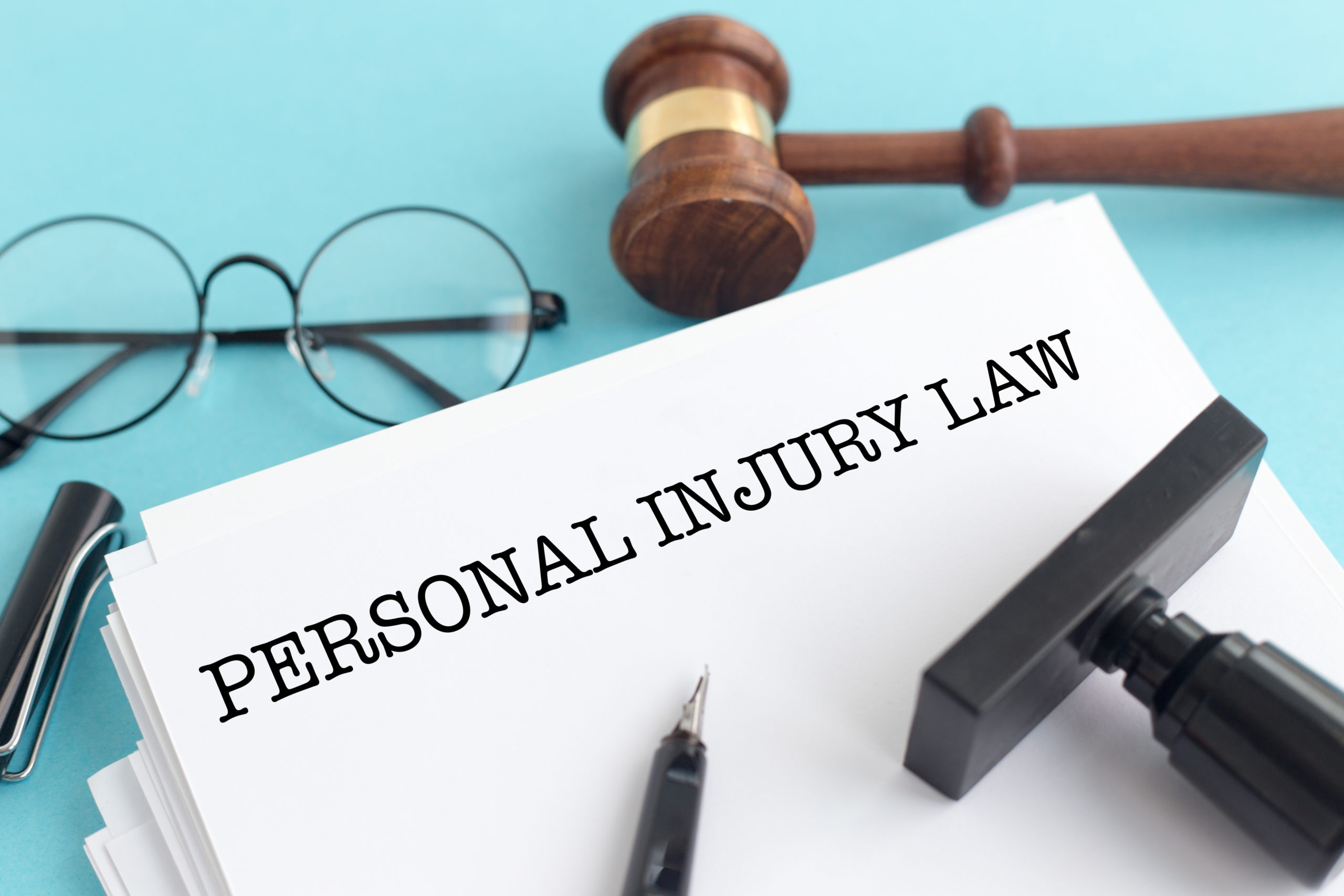
Some of the most common ways that accidents happen on cruise ships is due to falling overboard, slip and falls, dock accidents, fallen objects, excursion injuries, sexual/physical assault, swimming pool injuries, and medical malpractice. When an injury accident happens on navigable waters instead of United States territory, maritime law typically applies.
Retaining a personal injury attorney can help you protect your legal rights. A legal team, like those at Hurwitz, Whitcher & Molloy, LLP, is there to ensure that you and your family receive excellent legal representation.
Unfortunately, maritime laws may restrict a passenger’s ability to receive compensation, as the laws may differ from your standard liability laws. Here we answer questions related to cruise ship accidents, maritime law, and what victims can do to pursue financial restitution.
How does maritime law limit a passenger from recovering compensation?
Based on maritime law, the cruise line is liable for accidents, but only if the victim can show that the operator of the ship was aware of an unsafe condition. When the incident occurs on non-navigable waters, the cruise ship may be categorized as a “common carrier”. What this means is that the cruise line has an increased duty of care to offer a safe form of transportation to passengers.
This duty may extend to protecting them against criminal acts from third parties, such as battery, rape, or sexual assault. To fulfill the duty to protect passengers, the cruise ship must install functioning security cameras, perform background checks on all employees, and ensure darkly lit areas have sufficient light.
By buying a ticket for a cruise ship vacation, am I waiving any of my rights?
It isn’t uncommon for cruise lines to add provisions to tickets, so when people buy them they may be agreeing to a contract that they don’t even know about. In most instances, the cruise line has put restrictions on how a passenger can file a lawsuit for injury caused on the ship.
For example, a passenger may have 180 days after the incident to file an official notice to the cruise line. Then, that passenger may have 12 months to bring forward a lawsuit if they choose to do so. So, if you were harmed while on board a cruise ship and were a passenger, you must act quickly. It is in your best interest to hire an attorney who has knowledge in boat accidents and can scrutinize the ticket provisions enforced by the cruise line.
What if I fell overboard while on the cruise ship?
Passengers falling overboard have happened on cruise ships. Devastatingly, some passengers may not have survived falling overboard and appear to have disappeared out of thin air by family members. The entire ordeal can be traumatic for everyone involved. If you fell overboard on the ship, then the cruise line may be held responsible for your injuries and damages.
When speaking with your attorney, inform them about whether the handrail you were resting on had broken, whether someone was being violent towards you, or whether some other factor had caused you to tumble overboard. Your attorney can advise how to pursue financial restitution for the traumatic experience you endured. Surviving family members of loved ones who didn’t survive falling overboard, may be eligible to file a lawsuit in honor of their relative.

